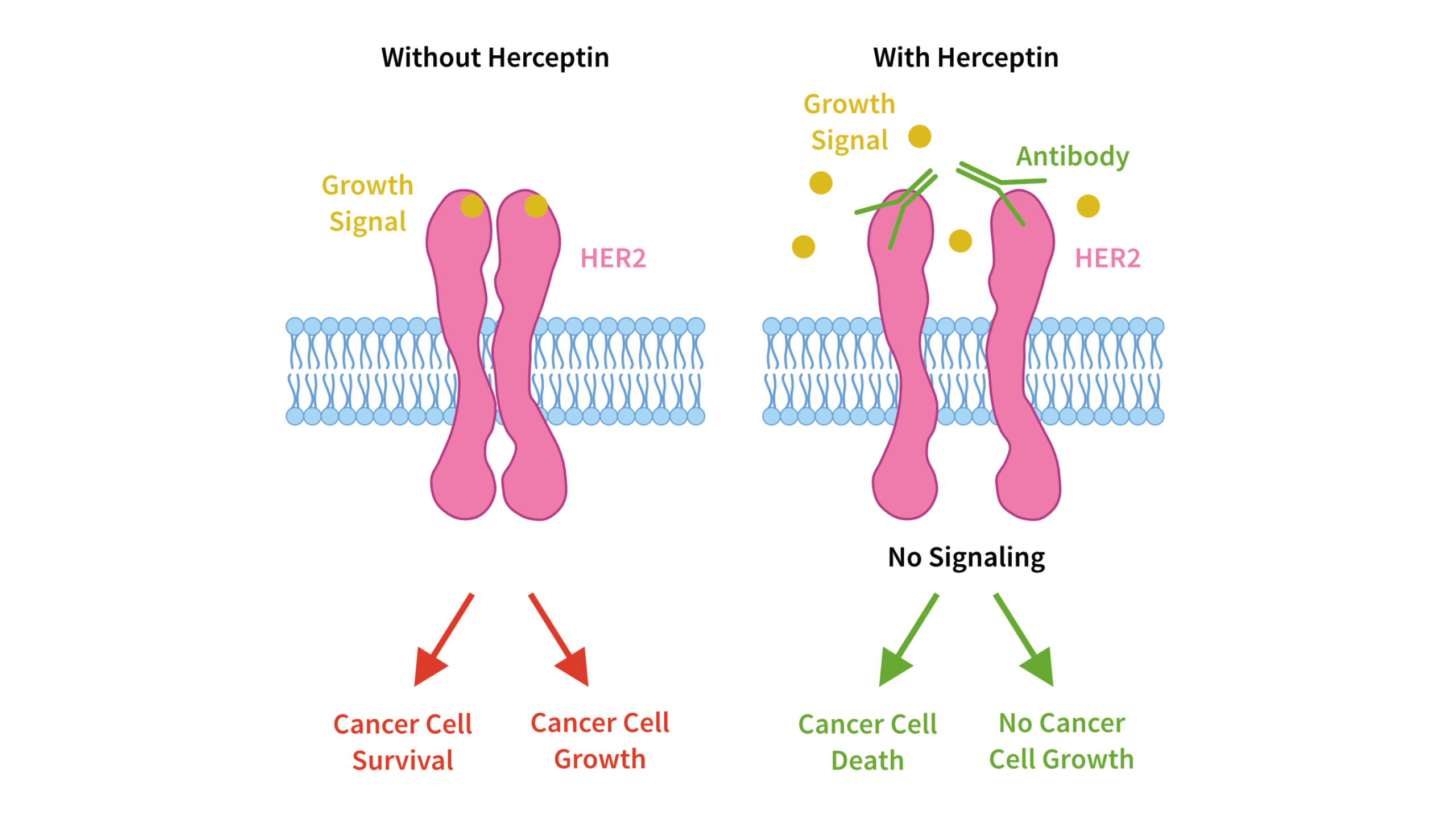Why precision medicine is important
There is a clear unmet need for better precision medicine strategies to help streamline and optimize the patient treatment pathway. Patients prescribed standard-of-care treatments do not always respond, resulting in unnecessary side-effects and wasted prescriptions.

As an alternative to this "one size fits all" approach, precision medicine considers the complexity of diseases, their subtypes, and their interaction with an individual’s biology.
Personalized treatment plans can be achieved by combining information and data unique to each individual (e.g., clinical, functional, genomic and transcriptomic data) to target drugs to specific patient cohorts.
The result is better health outcomes for patients and more cost-effective healthcare.
Our precision medicine services
At REPROCELL, we are focussed on the use of human data to improve drug development. We support precision medicine in multiple ways:




